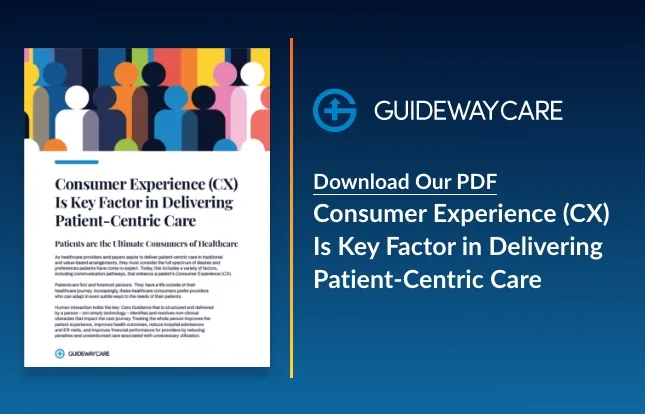The Significance of Patient-Reported Outcomes in Cancer Care: A Comprehensive Guide

In the evolving field of cancer care, “What are patient-reported outcome measures?” has become a pivotal question. These measures offer a unique lens through which both healthcare providers and patients can view the effectiveness of treatments. This article aims to shed light on the importance of patient-reported outcomes in cancer care, how they are measured, and their benefits.
What Are Patient-Reported Outcomes?
Patient-reported outcomes are self-reported measures that focus on a patient’s health condition without any external bias. They differ from clinical metrics and are collected through standardized questionnaires. So, what is a patient-reported outcome measure? It’s a tool used to gauge these self-reports, often focusing on quality of life, symptom burden, and overall well-being.
Why Are They Crucial in Cancer Care?
When it comes to cancer care, patient-reported outcomes benefits are manifold. Incorporating patient-reported outcomes in cancer care has been shown to improve not only the quality of life but also patient satisfaction. Studies indicate that these outcomes can be prognostic of survival in cancer patients. They serve as an independent predictor of overall survival and, in some instances, treatment response. Therefore, patient-reported outcome measures are a necessity in modern cancer care, not just a question.
Measuring Patient-Reported Outcomes
There are validated and non-validated tools for measuring these outcomes. Validated tools like the NIH’s Patient-Reported Outcome Measurement Information System (PROMIS) are often used. For a deeper understanding of how these measures are utilized in cancer care, you can delve into learning how to measure quality in cancer care.
Challenges and Solutions
While these measures offer numerous benefits, they come with their set of challenges. These include choosing the right measure, the mode of administration, and data interpretation. However, with ongoing research and standardization efforts, these challenges are being addressed.
The Role of Guideway Care in Patient-Reported Outcomes
Guideway Care plays a significant role in implementing patient-reported outcomes in cancer care. With a focus on patient-centered approaches, Guideway Care is at the forefront of enabling healthcare providers to utilize these measures to improve the quality of life for cancer patients.
Time for Action: Why You Should Consider Patient-Reported Outcomes Today
In conclusion, patient-reported outcomes are not just buzzwords but essential components of cancer care. They offer a more holistic view of a patient’s health, thereby aiding in better treatment plans. For more information on how these measures can revolutionize oncology practices, visit Guideway Care’s Oncology Practices.
Contact Us Today To Learn How We Can Help
"*" indicates required fields




